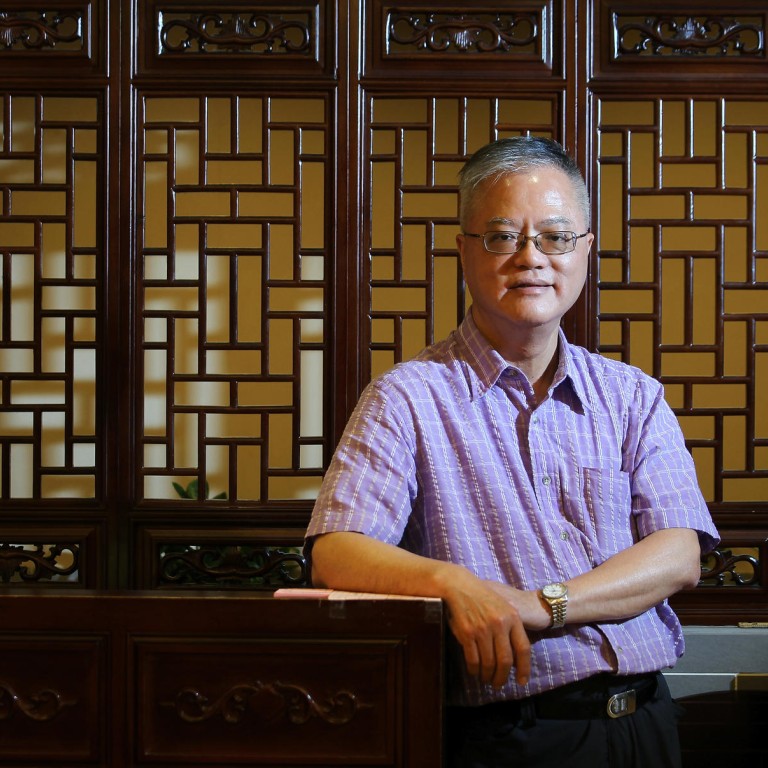
Tung Fong Siu Kee Yuen: a Buddhist veg-out
Strictly Buddhist restaurant finds popular appeal, says Janice Leung Hayes
"A vegetarian diet has always been fairly foreign to Cantonese people," says Peter Pang Yam-kwan, managing director of Tung Fong Siu Kee Yuen, one of Hong Kong's oldest vegetarian restaurants. "For a long time it was really only of interest to Buddhists."

Au Yeung opened his first restaurant in 1905 on 71 Caine Road in Mid-Levels. It was called Siu Kee Yuen. "The name comes from the [Buddhist text] Diamond Sutra," says Pang. Kee Yuen is an abbreviation of the Chinese name for The Garden of the Benefactor of Orphans and the Solitary, a place in which, according to the text, the Buddha was invited to share his teachings.
As Au Yeung wanted his restaurant to be a place of sharing, he named it Siu Kee Yuen, adding the word for "little" - "as it wasn't as grand as the garden described [in the text]", says Pang.
When he opened his second restaurant, in Wan Chai, Au Yeung named it Tung Fong Siu Kee Yuen - or Siu Kee Yuen of the east - to denote its relative geographical position. In 1965, the Wan Chai branch was moved even further east to the current location, and in 1986, due to the sale of the building, the original outlet on Caine Road closed.

Tung Fong Siu Kee Yuen, 241 Hennessy Road, Wan Chai, tel: 2519 9148
